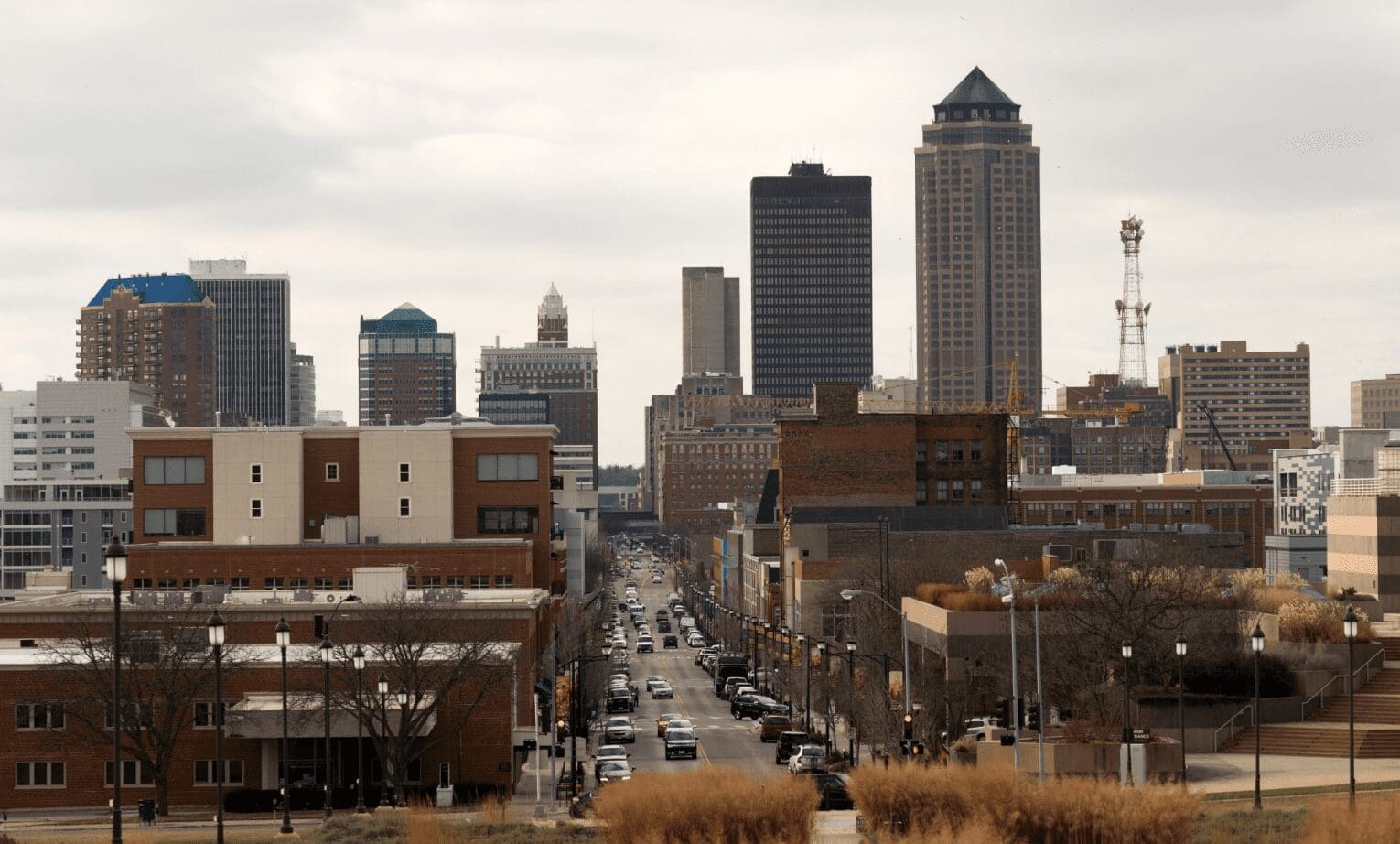By: Virginia Barreda
See original post here.
Interested in the chance to pocket an extra $500 each month for two years?
Uplift – The Central Iowa Basic Income Pilot, the state’s first basic income study, launches Friday and researchers are in need of participants. The pilot, financed with $2.5 million in public and private funding, will give 110 low-income families $500 per month for 24 months to help pay for basic needs like food, rent, utilities, health care and child care.
The guaranteed cash assistance program is meant to test if an unrestricted, no-strings-attached monthly check is an effective way to reduce poverty in communities, according to Ashley Ezzio, senior project coordinator at The Tom and Ruth Harkin Institute for Public Policy & Citizen Engagement, which is coordinating the study.
Here’s what you need to know about who is eligible and how to apply.
Who can apply for the Uplift cash assistance program?
Applicants must live in Polk, Dallas or Warren counties; be 18 and older; live with a dependent up to the age of 25; and have a household income below 60% of the area median income, which for a family of four is $59,190 a year.
Applicants do not need a bank account, Social Security number or tax identification number to be eligible.
The application has been translated into five different languages: English, Spanish, Pashto, Burmese and Swahili.
Only one application is needed per household.
How do I apply to Uplift Iowa?
The application opens Feb. 17 on upliftiowa.org. The application will ask for the candidate’s name, income, dependency status and where they live to help determine eligibility. It will take about 30 to 40 minutes to fill out.
There’s also questions about the applicant’s physical and mental health to provide researchers with information on lived experiences while experiencing poverty. “The questions are chosen because they will help build a better understanding of the impact that finances may have on our well-being and everyday lives,” the application’s FAQ says. All answers are confidential.
Applicants will get an confirmation if their answers are submitted successfully.
When can I apply?
The application opens Feb. 17 and closes Feb. 27.
How will I know if I am selected to participate?
Coordinators at The Harkin Institute will notify the 110 selected participants between March 7 and March 14 via phone, email, letter and/or text message. Participants are selected at random.
Another 140 candidates will be selected as a control group. They will not receive the $500, but will be asked to participate in a periodic survey. Researchers from Des Moines University will notify the people who are selected to participate in this group.
No notifications are sent to people not selected.
What happens next if I am selected?
Selected participants will go through an onboarding session with Ezzio and Michael Berger, a project coordinator at The Harkin Institute, to review eligibility criteria, how the pilot works and get formal consent to participate.
They also will provide “benefits counseling” so participants understand how the additional money will push their income higher and may impact their existing benefits, like child care or food assistance, Ezzio said.
“If our $500 would impact them negatively, we are going to be completely up front about that and let folks make a decision,” she said.
How do the payments work?
Participants will get a debit card that’s reloaded each month with $500. Payments will come in around the 15th of every month for 24 months. The first payments start on May 15.
Because the program is considered by the Internal Revenue Service as a charitable donation, participants don’t have to claim the extra income on their taxes.
What can I spend the money on?
There are no limits to what the $500 can be spent on.
What else will I be asked to do?
Participating families will be asked to take periodic surveys throughout the study that will allow researchers from the University of Pennsylvania’s Center for Guaranteed Income Research and Des Moines University to determine if the money has an impact on their physical, mental, emotional and financial well-being, Berger said.
Surveys will come in every six months for 30 months.
What will happen with the data?
There will be a ton of data by the end of the study from surveys with the 110 participants and the 140-person control group. Data will show how people are spending their money and why.
Ezzio said researchers can use an innovative strategy that shows whether giving people the autonomy to spend extra cash will result in a positive outcome in their physical health, mental health or work status.
Data will be available publically after the two-year pilot ends. But what happens with that data will be left up to the community.
“We hope that our data just informs those decisions,” Ezzio said. “So, when we look at making changes to perhaps public benefits or the way programs are being implemented in our community, we hope that the data we collect helps inform that: There’s evidence-based research that supports changes or modifications.”




















